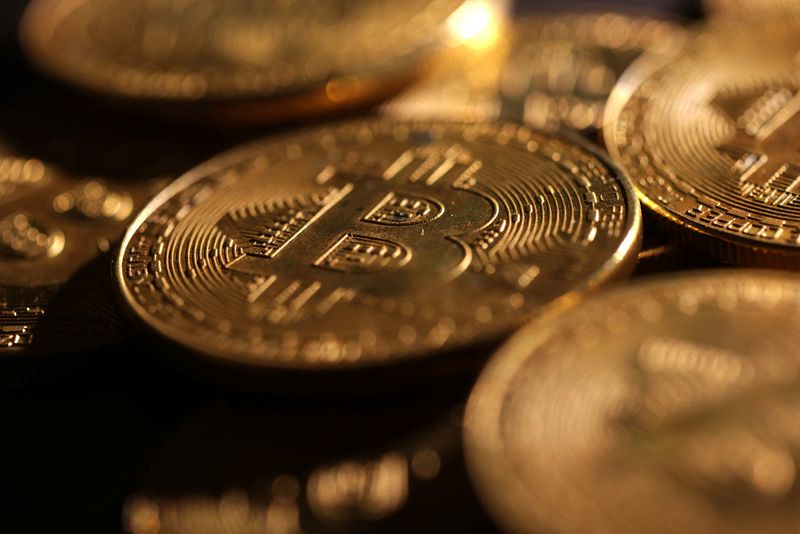Deutsche Bank Explores Bitcoin as a Potential Reserve Asset Alongside Gol

Deutsche Bank is evaluating whether Bitcoin could join gold as a recognized reserve asset for institutions and sovereign entities. The assessment focuses on Bitcoin’s role in portfolio diversification, store-of-value characteristics, and potential hedging capabilities against inflation and currency volatility. Analysts note that while gold has a long-standing track record as a safe-haven asset, Bitcoin’s digital nature, limited supply, and growing institutional adoption make it an intriguing alternative. The review underscores the evolving dialogue around digital assets, risk management, and monetary strategy, as banks and investors weigh the integration of cryptocurrencies into traditional reserves and treasury management frameworks.
Rationale Behind Considering Bitcoin
Bitcoin’s appeal as a reserve asset stems from several key factors:
- Limited Supply – With a maximum cap of 21 million coins, Bitcoin mirrors gold’s scarcity-driven value proposition.
- Decentralization – Unlike fiat currencies, Bitcoin is not subject to government policy or central bank interventions.
- Portability and Liquidity – Digital assets enable rapid cross-border transactions and flexible allocation across portfolios.
- Hedging Potential – Investors view Bitcoin as a potential hedge against inflation and currency devaluation, complementing traditional reserves.
Comparison with Gold
Gold remains the benchmark for reserve assets due to its historical stability, wide acceptance, and deep liquidity. Bitcoin, while more volatile, offers advantages in terms of programmability, transparency, and digital transferability. Analysts suggest that a combined approach—allocating a small percentage of reserves to Bitcoin—could enhance portfolio diversification without undermining the stability offered by gold.
Institutional Implications
Deutsche Bank’s exploration reflects growing institutional interest in integrating cryptocurrencies into treasury strategies. Adoption as a reserve asset could legitimize Bitcoin further, influencing central banks, asset managers, and multinational corporations to reassess their asset allocation frameworks. However, challenges include volatility management, regulatory clarity, and operational risk associated with custody and digital security.
Risks and Considerations
Despite its potential, Bitcoin carries inherent risks that institutions must mitigate:
- Price Volatility – Sharp fluctuations could affect portfolio valuations.
- Regulatory Uncertainty – Evolving frameworks may influence the legality and reporting of digital reserves.
- Custody and Security – Secure storage solutions are critical to prevent loss or cyber-theft.
Outlook
Deutsche Bank’s evaluation signals a shift in institutional thinking, where digital assets are increasingly considered alongside traditional hedges like gold. While Bitcoin may not fully replace established reserve assets, its inclusion could enhance diversification, modernize treasury practices, and reflect the growing integration of cryptocurrency into global finance. Analysts expect that future frameworks for reserve management will likely incorporate digital assets selectively, balancing innovation with prudence.




